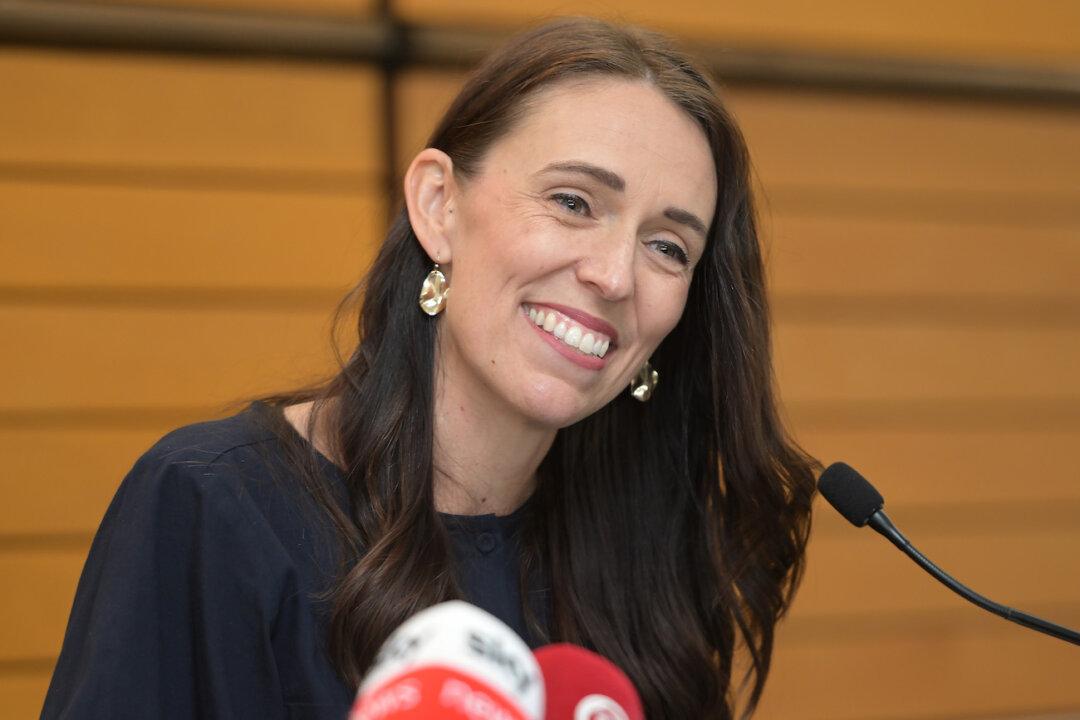New Zealand (NZ) Prime Minister Jacinda Ardern has revealed that she'll be resigning after six years in the position as the nation heads into an election year.
Ardern, who was elected as the prime minister in 2017, will step down sometime between Jan. 19 and Feb. 7, after the NZ Labour Party decides on her replacement.




